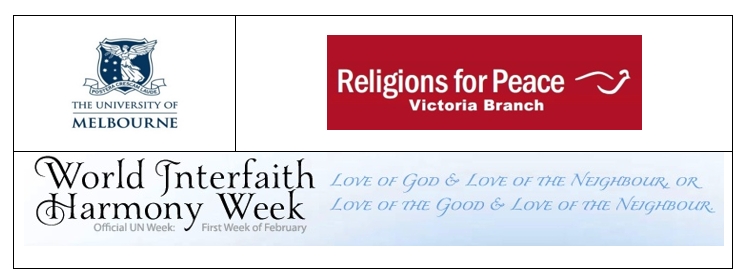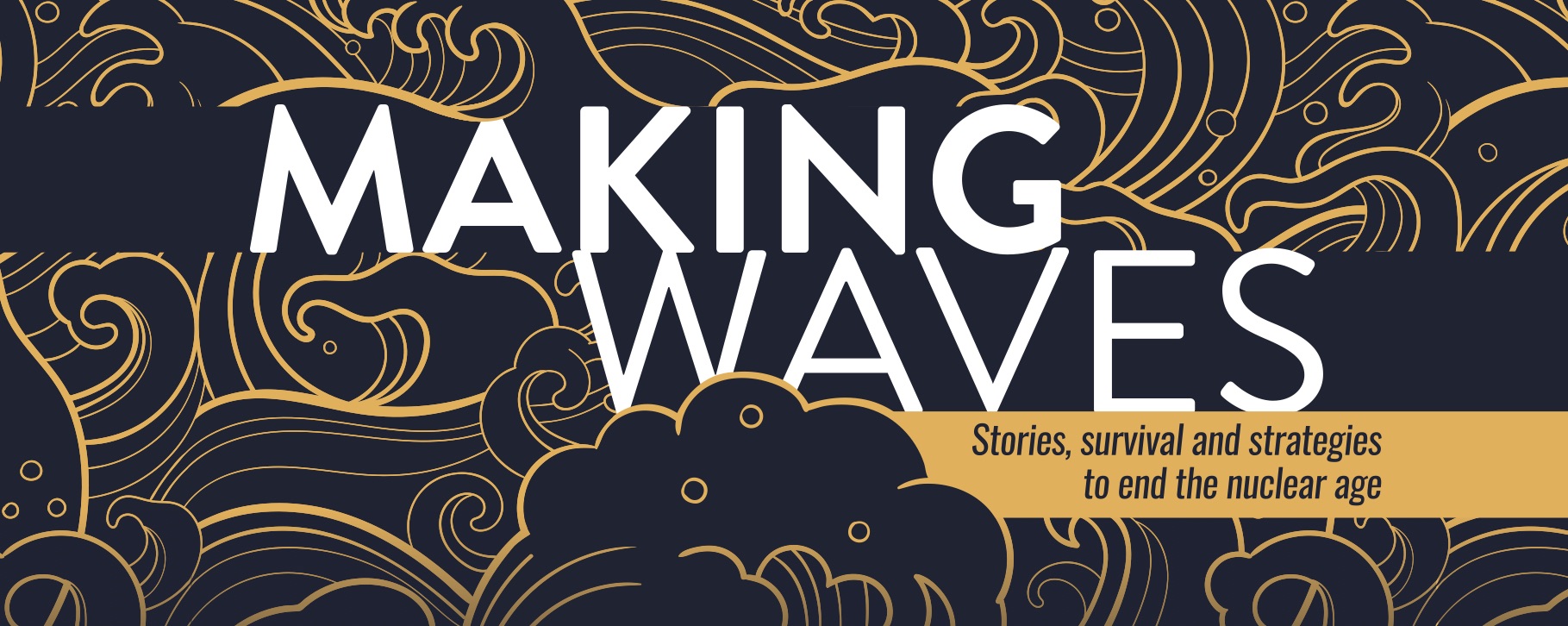On the 80th anniversary of the 'Day of Mourning'
Uncle Jack Charles performs an adaptation of the


“It would be best if they were not here. I do not want to see them in this country. Since the dawn of history Indians have been the leaders of attacks against the Burmans on behalf of the white faces.”— Saithan (Burmese writer), New Light of Burma, 6th June 19371
“(Buddhist) Brother, you might already have heard of the news about the Buddhist mob in Rakhine lynching a group of Rohingyas in broad day light. Even in Yangon if you are a Muslim and say something wrong or behave slightly irritated at a teashop or a bus stop the Buddhists would howl “you mother-fucking Kalar (nigger), how dare you say something or behave like that.” If you go to certain neighbourhoods and run into a group of drunkards they recognize your Indian features and beat you up. So, I too fear for my life living in this country of ours. I was born here. And this is the only country I know I belong. Burmese is my mother tongue. Out of fear and despair, I have looked at different possibilities of going to work in Malaysia or trying visa lottery to USA. But the truth is I don’t really have any prospect for leaving my birthplace. I am stuck here.”— A Burmese Muslim resident, 7 July 20172


Emeritus Professor Desmond Cahill OAM B.A., S.T.L., M.Ed., Ph.D, F.A.C.E.L.
Consultant to the Royal Commission on Sexual Abuse and Religious Organisations 2015-2017
Chair: Religions for Peace Australia http://religionsforpeaceaustralia.org.au
Educated in Australia and Italy, Desmond Cahill, Professor of Intercultural Studies at RMIT University, is one of Australia's leading social researchers. In 2006, he was made an honorary fellow of the Australian Council of Educational Leaders for his work in immigrant, cross-cultural, interfaith and international education. He currently chairs the Religions for Peace (Australia), and represents Australia on the Asian Conference of Religion and Peace (ACRP). He led Melbourne's successful bid to stage the 2009 Parliament of the World's Religions, the world's largest interfaith gathering, and is now its Melbourne Program Director. A member of the Australian Partnership of Religious Organizations (APRO) and of the Victoria Police Multifaith Advisory Council, he is a Club Melbourne Ambassador as part of the “Think Melbourne, Think Victoria” strategy of the Victorian Government.
|
